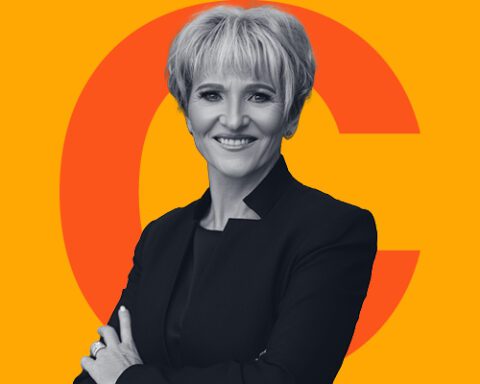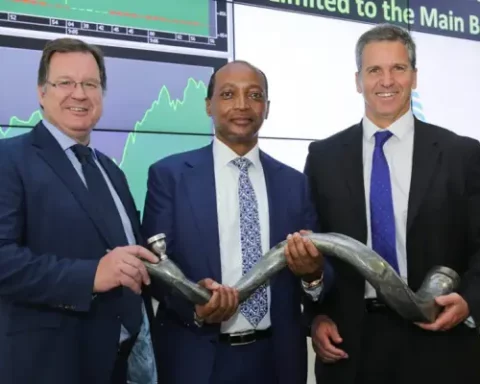We all want to do good by our children and help them save towards a better future. A tax-free savings account (TFSA) is one way of doing it – but unless handled properly, it can end up doing more harm than good.
TFSAs were introduced nine years ago and allow people to save towards their retirement without having to pay capital gains tax or income tax on the dividends. Investors can contribute up to R36,000 per year, with a lifetime contribution limit of R500,000.
However, one critical condition often catches people off guard: once withdrawn, contributions cannot be replaced. This has significant implications for parents considering a TFSA for their children, as the same rules apply.
“The real benefit of a tax-free savings account only manifests over time,” Jaco van Tonder, head of South African adviser services at Ninety One, tells Currency.
“One of the most common mistakes we see is when the TFSA is handed over as the child turns 18, for example, and the money is used to purchase a house or start a business,” he explains. “That child’s lifetime R500,000 TFSA allowance has now been exhausted, and the money can never be put back.”
This not only wastes the child’s tax-free allowance but also forgoes decades of potential compounding growth that could have significantly boosted their retirement savings.
Other options
Since minors typically have little or no tax liability, a standard unit trust investment in the child’s name could be a more suitable option – provided contributions do not exceed the R100,000 per year donations tax threshold, as any excess is taxed at 20%.
There’s also no lifetime limit on total contributions or withdrawals, and capital gains tax will only be triggered when the assets are sold. This allows parents to strategically plan for tax efficiency before it happens.
Van Tonder suggests parents consider shares rather than fixed income for these types of investments for their children as interest income is taxed annually.
Asked about cases in which some parents may want to explore options where children “reimburse” them for initial TFSA contributions, Van Tonder cautions against trying anything too complex to avoid donations tax on the reimbursements, like using non-interest loans.
This relies on the assumption that tax laws will remain unchanged and the best approach is “simplicity and tax certainty”, he says. When it comes to tax, regulation “does not stay static”, Van Tonder adds. “So, what could be allowable, or a good idea, today, might be taxed at some point in the future.”
For those committed to long-term investing, TFSAs remain one of the most powerful wealth-building tools. The faster the R500,000 lifetime limit is reached – which takes approximately 14 years at R36,000 per year – the greater the benefit from compounded, tax-free growth.
“If you’re looking for an asset that you can build over time and potentially rarely get to use until you’re maybe in your 50s or close to retirement, the tax-free savings account is your go-to option,” Van Tonder says. “Not paying tax for 30 or 40 years on an equity investment will be one of the best investments you can ever make.”
Sign up to Currency’s weekly newsletters to receive your own bulletin of weekday news and weekend treats. Register here.










